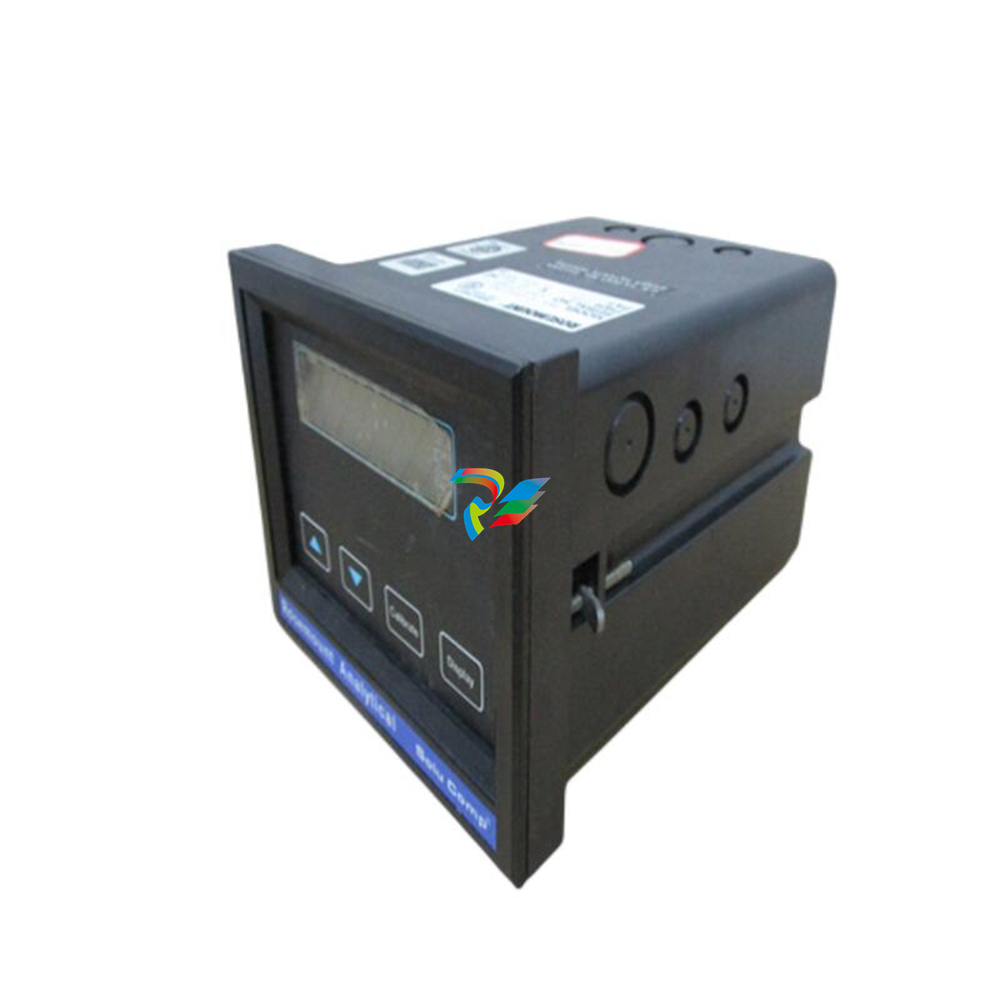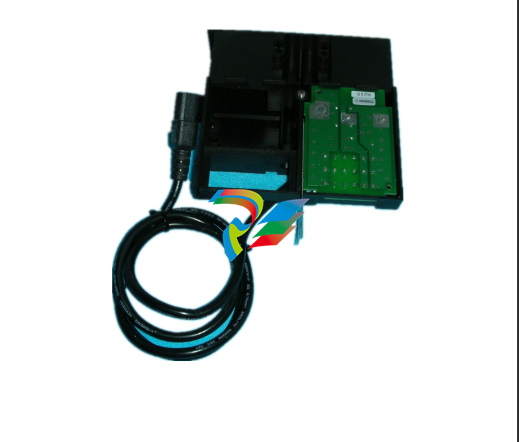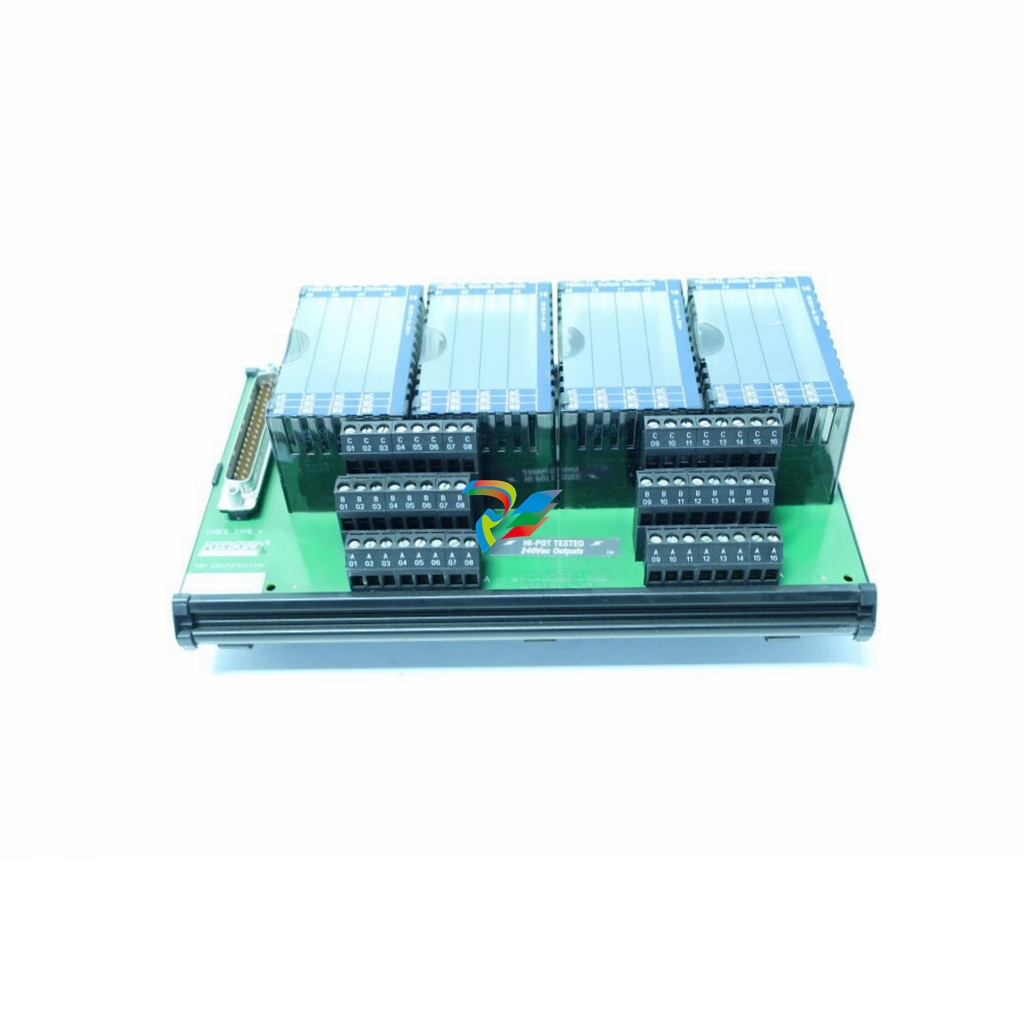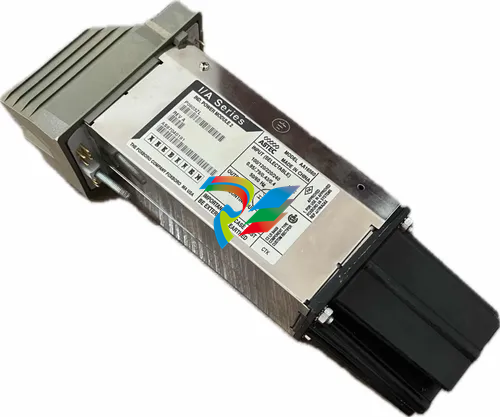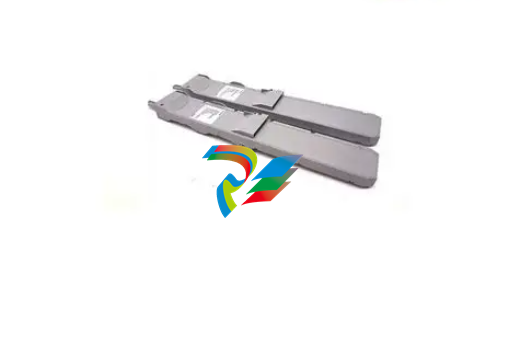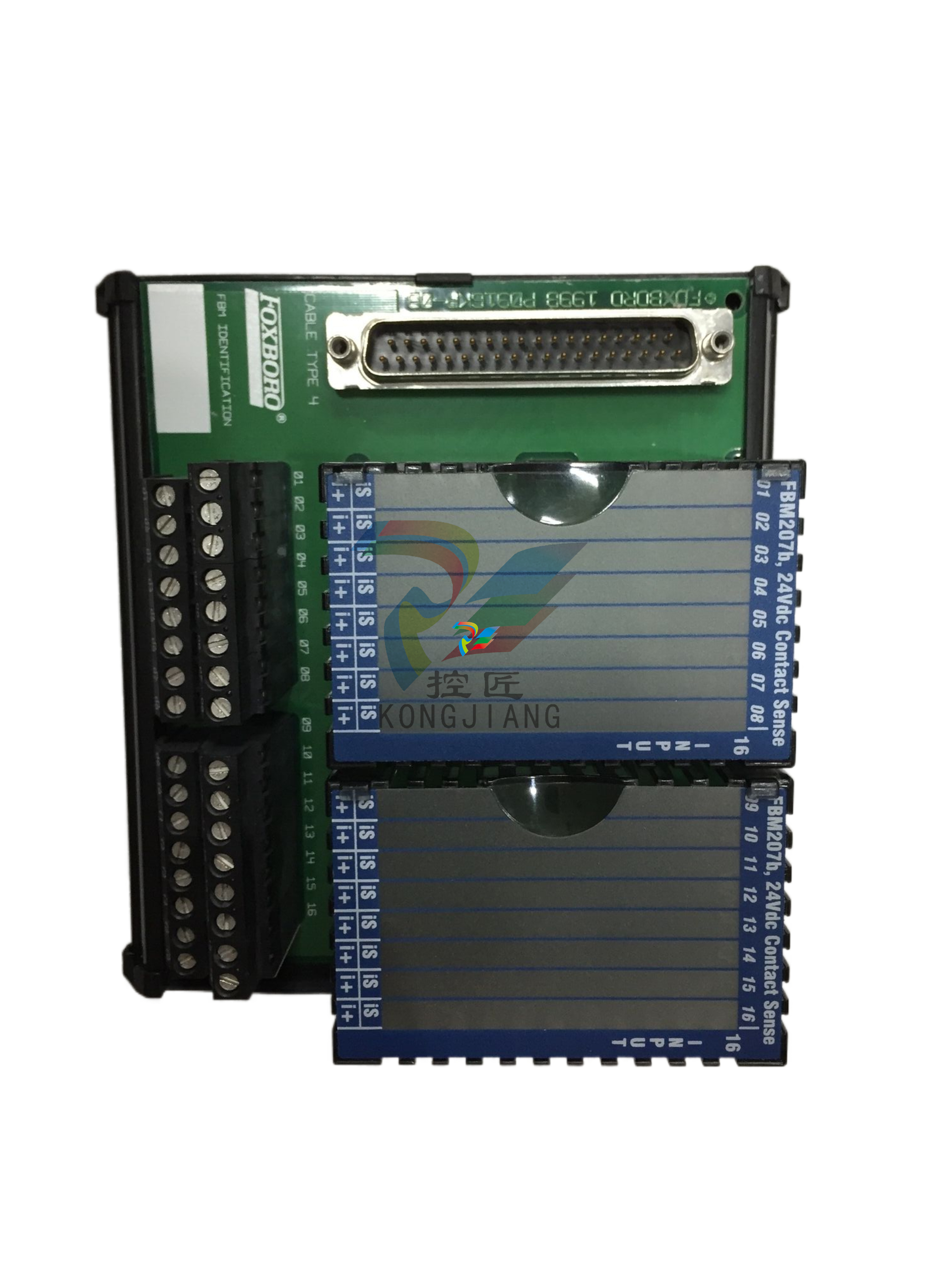
DCS; Industrial control system
Product
Article
NameDescriptionContent
NEW CENTER
Current Location:
Cultivating Interdisciplinary Talents: The Key to Innovation in Automation Equipment Industry
From:
|
Author:huang
|
Time :2024-11-12
|
251 Browse:
|
Share:
The automation equipment industry is vital for economic growth and industrial transformation, enhancing production efficiency and competitiveness. It integrates emerging technologies like AI and IoT, driving innovation and intelligent production processes. Interdisciplinary talents are crucial for the industry's innovation capability, bringing diverse knowledge to develop advanced automation solutions. Educational reforms, industry-academia collaboration, and continuous learning are essential for cultivating these talents. Despite challenges like resistance to change, sustained development strategies are needed to ensure their retention. The future of the industry relies on interdisciplinary talents to drive innovation, create new markets, and maintain global competitiveness.
The automation equipment industry holds immense significance in the current era. In an age of rapid technological advancement, it serves as a driving force for economic growth and industrial transformation.
The industry is crucial for improving production efficiency. With the help of automation equipment, manufacturers can significantly reduce production time and labor costs. For example, in the manufacturing sector, automated production lines can produce products at a much faster rate than traditional manual methods. This not only increases output but also improves product quality consistency.
The automation equipment industry also plays a vital role in enhancing competitiveness. As businesses worldwide strive to stay ahead in the market, investing in advanced automation technology becomes essential. Companies that adopt automation can offer better products at competitive prices, thereby attracting more customers and gaining a larger market share.
Moreover, the industry is closely linked to the development of emerging technologies. Technologies such as artificial intelligence, the Internet of Things, and robotics are being integrated into automation equipment, further enhancing its capabilities. This integration is leading to more intelligent and efficient production processes.
In conclusion, the automation equipment industry is of great importance in the modern era. It not only drives economic growth but also enables businesses to stay competitive in the global market while promoting technological innovation.
二、The Role of Interdisciplinary Talents
(一)Enhancing Innovation Capability
Interdisciplinary talents play a crucial role in enhancing the innovation capability of the automation equipment industry. These talents bring together diverse knowledge and skills from different fields such as engineering, computer science, mathematics, and design. For instance, an engineer with a background in both mechanical engineering and computer programming can develop innovative automation solutions by integrating advanced software algorithms with mechanical systems. This combination can lead to more intelligent and efficient automation equipment.
According to research, companies that employ interdisciplinary teams are more likely to develop breakthrough innovations. In the automation equipment industry, this could mean the development of new types of robots with enhanced capabilities or the creation of more efficient automated production lines. Interdisciplinary talents can also introduce new methods and perspectives, challenging traditional ways of thinking and driving innovation.
(二)Meeting Diverse Industry Needs
The automation equipment industry faces complex challenges and diverse requirements. Interdisciplinary talents are essential for addressing these needs. For example, as the industry becomes more integrated with emerging technologies like artificial intelligence and the Internet of Things, talents with knowledge in both automation engineering and data science are needed to develop intelligent automation systems. These systems can analyze large amounts of data and make real-time decisions to optimize production processes.
Moreover, the industry needs talents who can understand the specific needs of different industries and customize automation solutions accordingly. A person with a background in both electrical engineering and the healthcare industry can design automation equipment for medical device manufacturing that meets the unique requirements of the healthcare sector. Interdisciplinary talents can bridge the gap between different industries and help the automation equipment industry meet the diverse needs of the market.
三、Ways to Cultivate Interdisciplinary Talents
(一)Educational Initiatives
Educational reforms and programs that encourage interdisciplinary learning are of utmost importance. In an era where the automation equipment industry demands a diverse skill set, traditional educational models may fall short. Universities and educational institutions need to design curriculums that break down the silos between different disciplines. For example, offering courses that combine engineering and computer science, or mathematics and design.
According to research, educational institutions that implement interdisciplinary programs see an increase in student engagement and innovation. For instance, a program that brings together students from mechanical engineering and software engineering to work on a real-world automation project can enhance their problem-solving skills and creativity. By exposing students to multiple disciplines, they are better equipped to handle the complex challenges of the automation equipment industry.
Moreover, educational initiatives should also focus on practical learning experiences. Internships, co-op programs, and project-based learning can give students hands-on experience in the industry and help them develop interdisciplinary skills.
(二)Industry-Academia Collaboration
Partnerships between industry and academia play a crucial role in cultivating interdisciplinary talents. Industry can provide real-world problems and challenges for academia to address, while academia can offer research and innovation capabilities. For example, companies in the automation equipment industry can collaborate with universities to develop research projects that focus on emerging technologies like artificial intelligence and robotics.
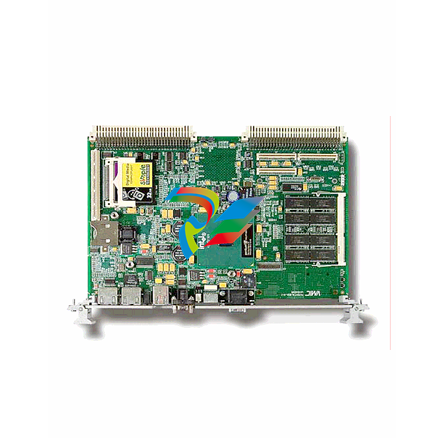
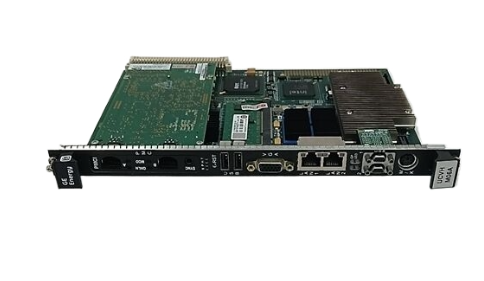
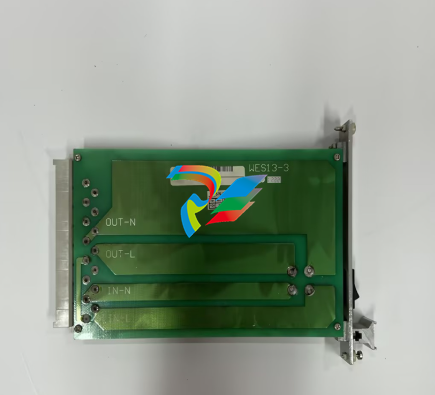
.jpg)
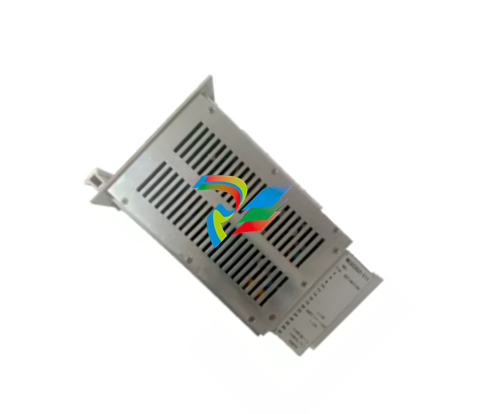
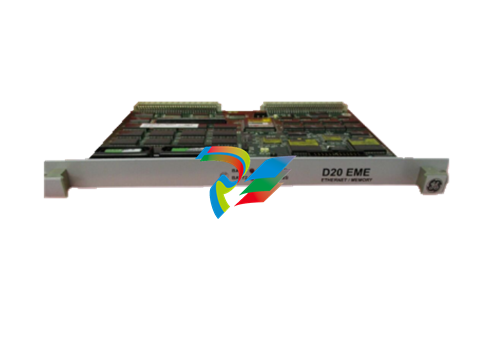
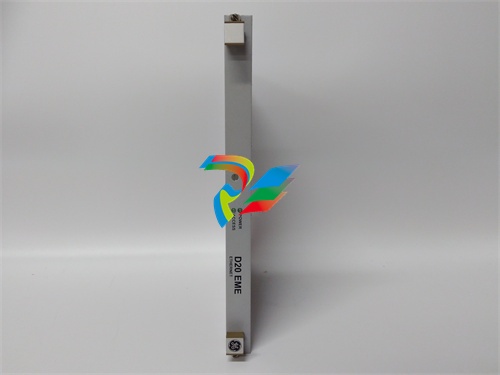
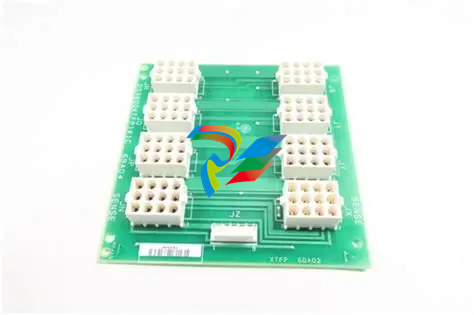
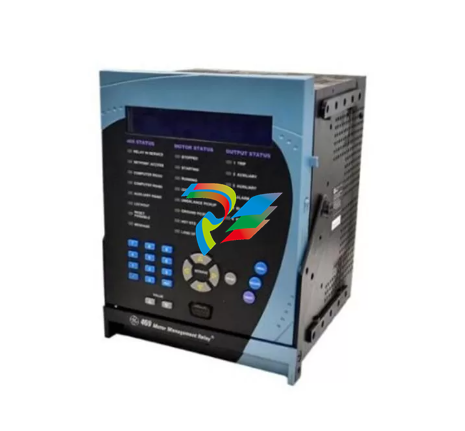
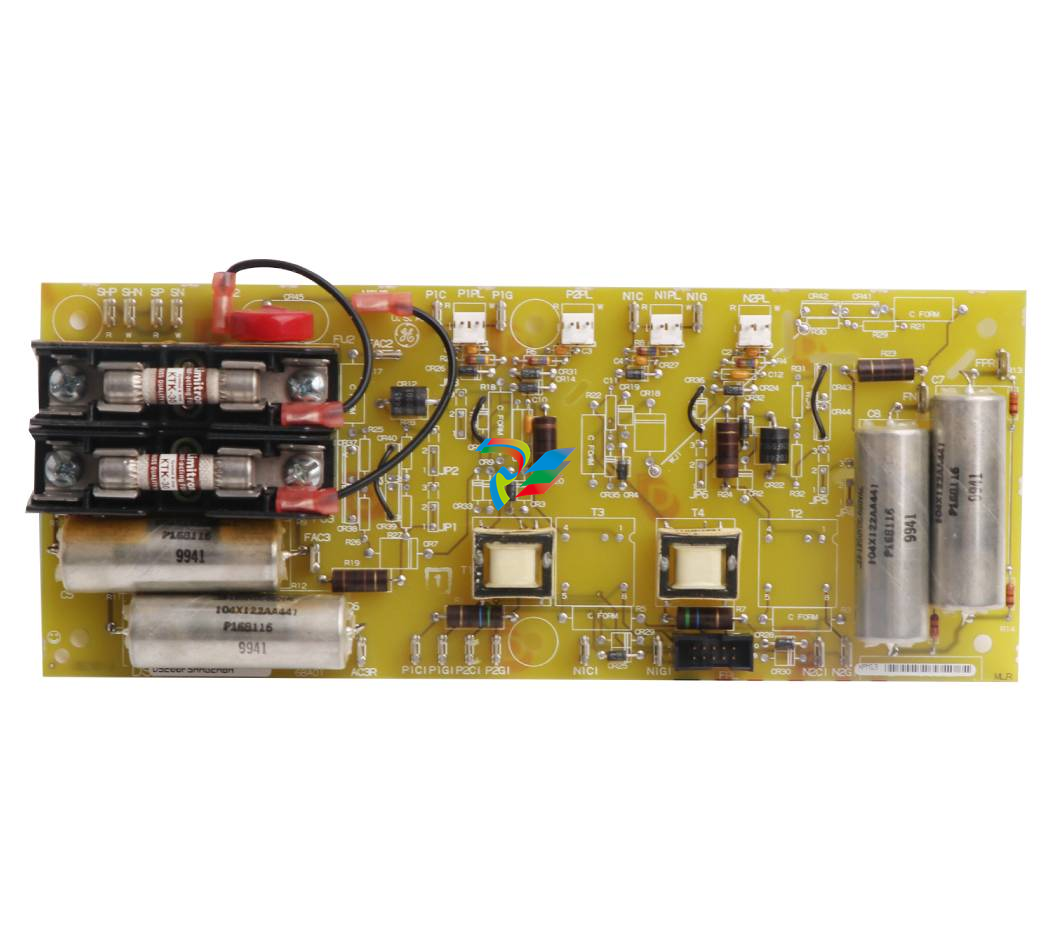
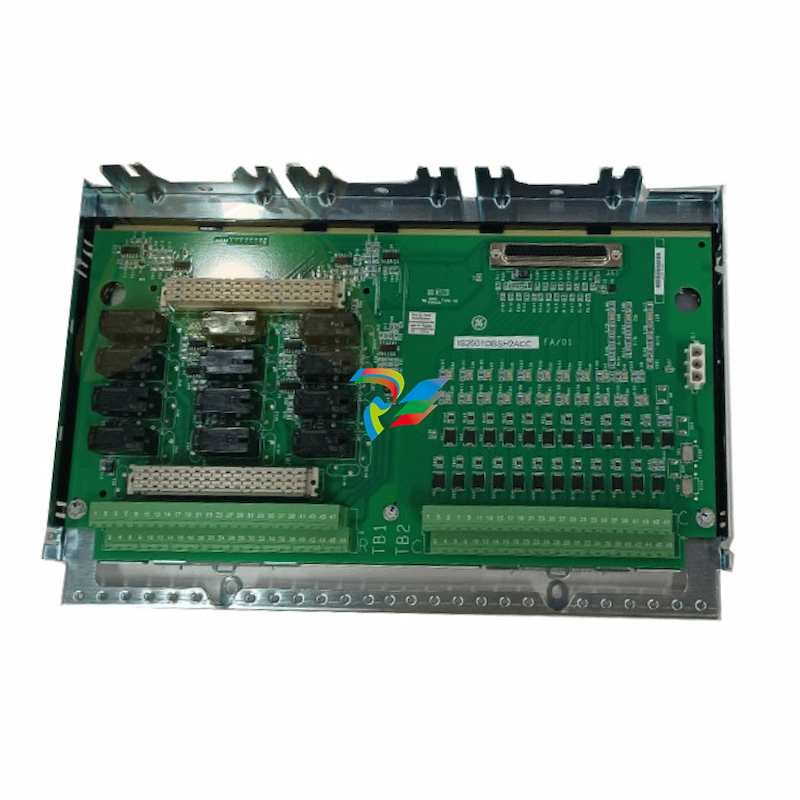
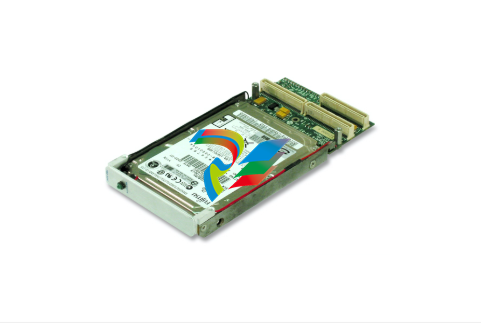
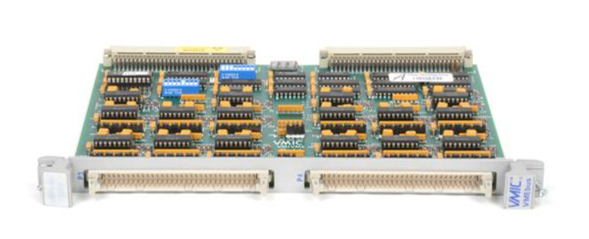
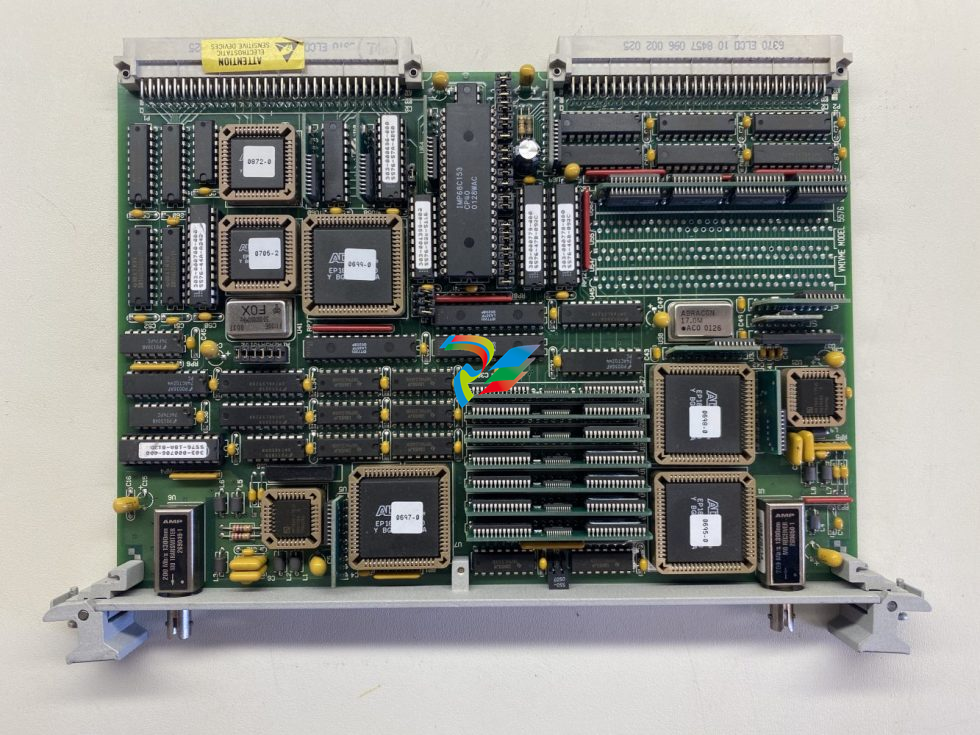
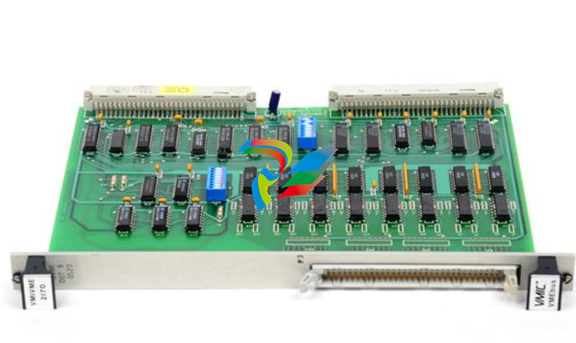
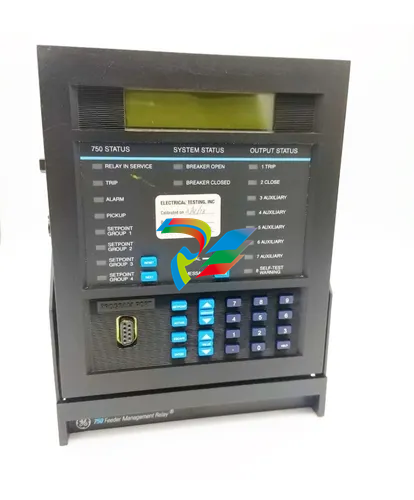
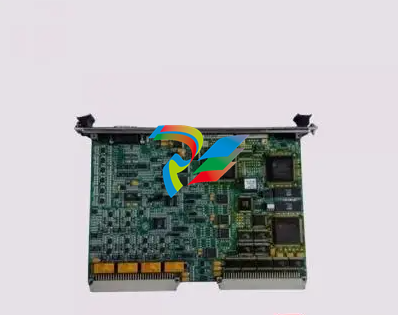
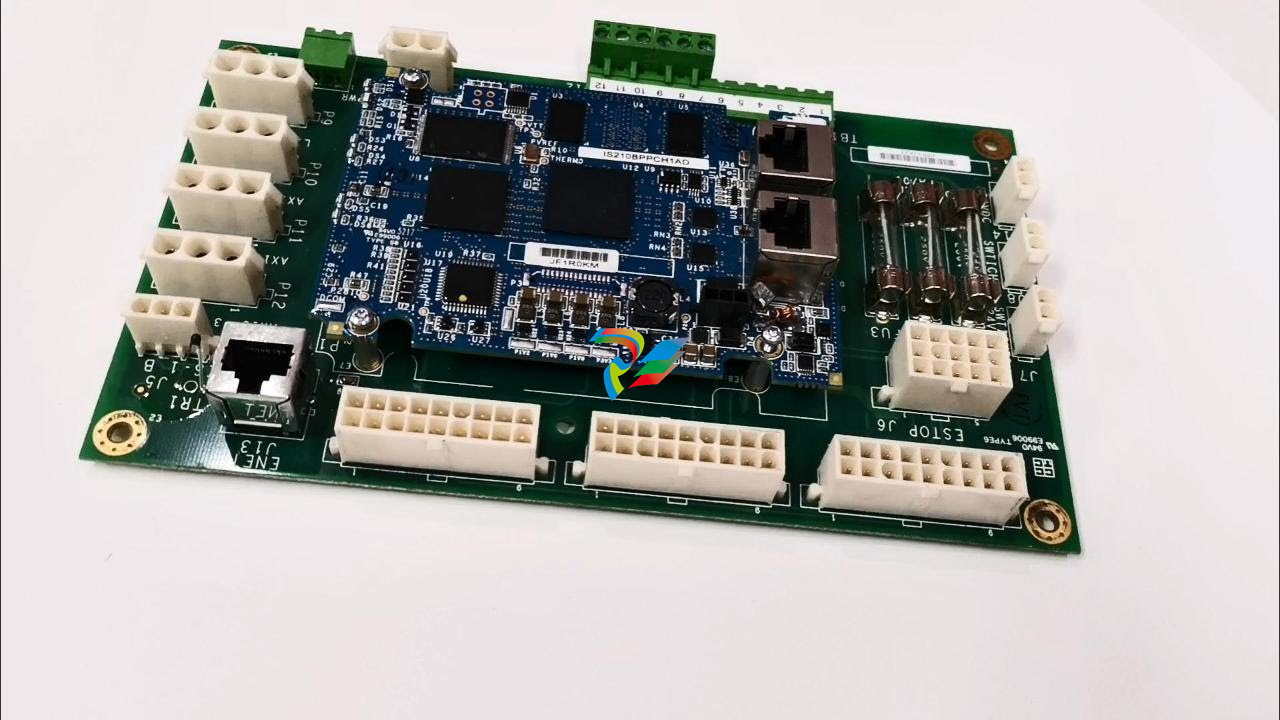
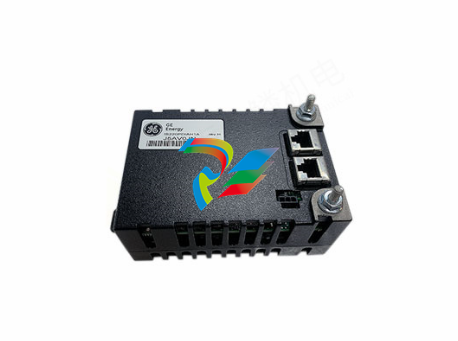
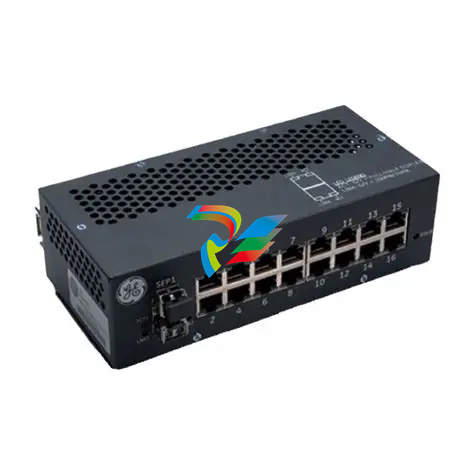
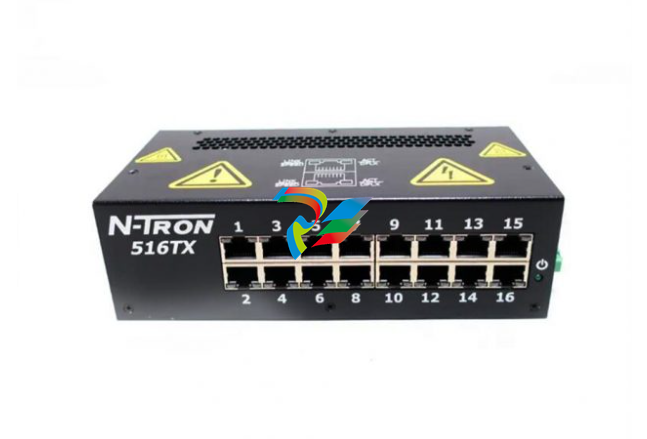
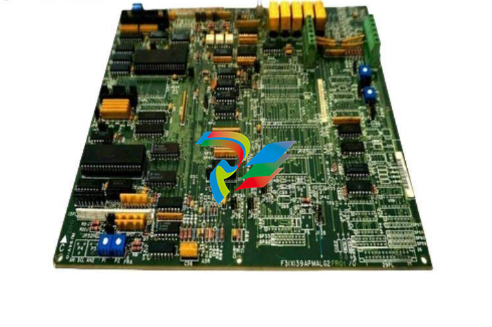
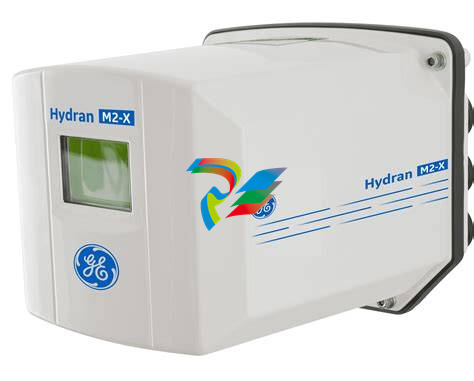
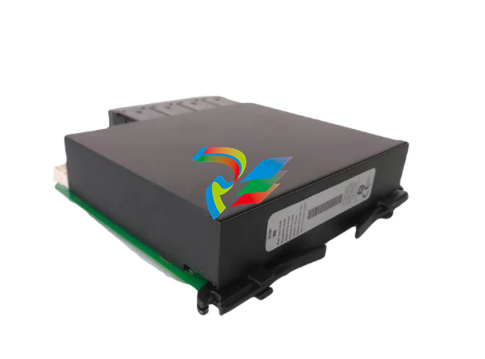
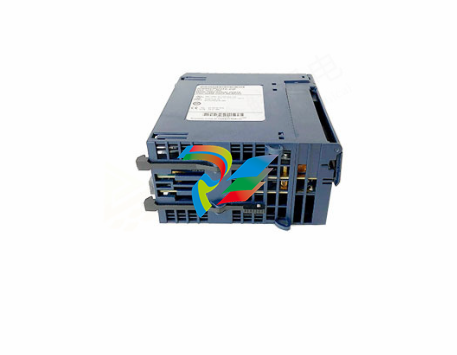
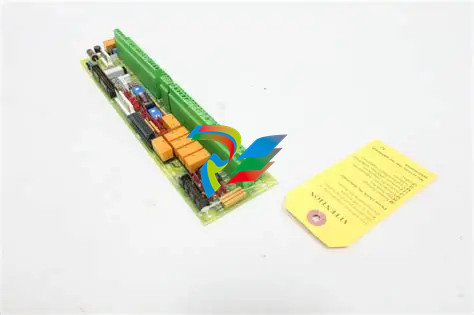
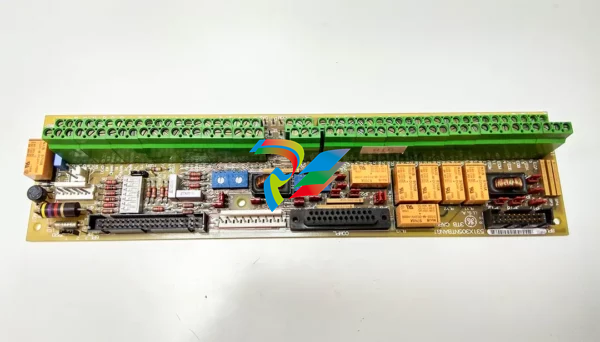
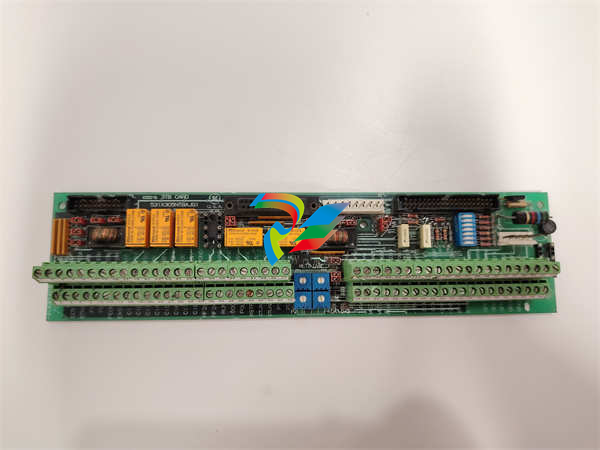

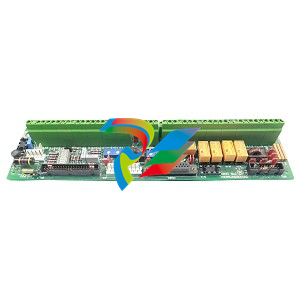
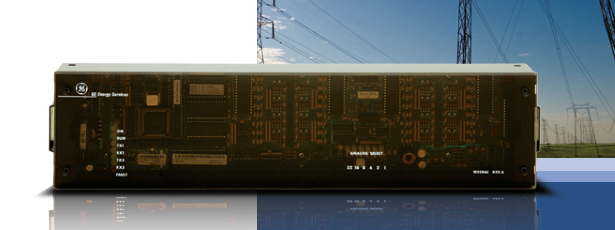
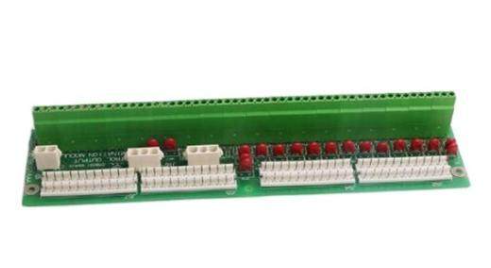
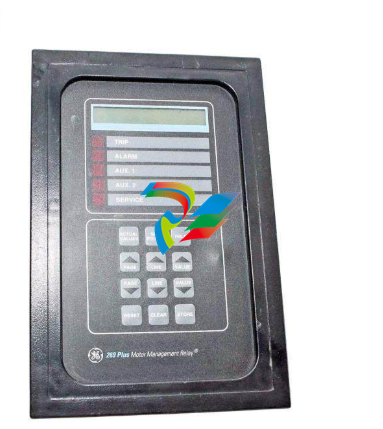
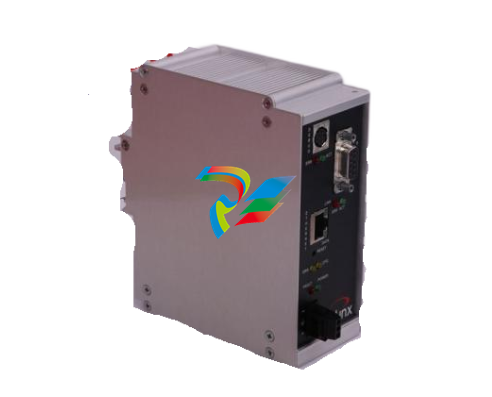
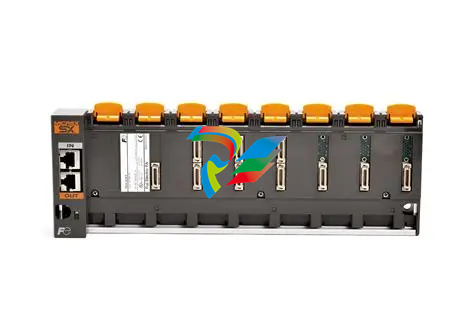
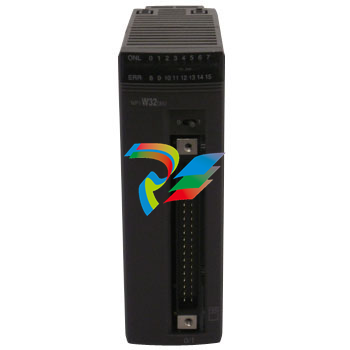
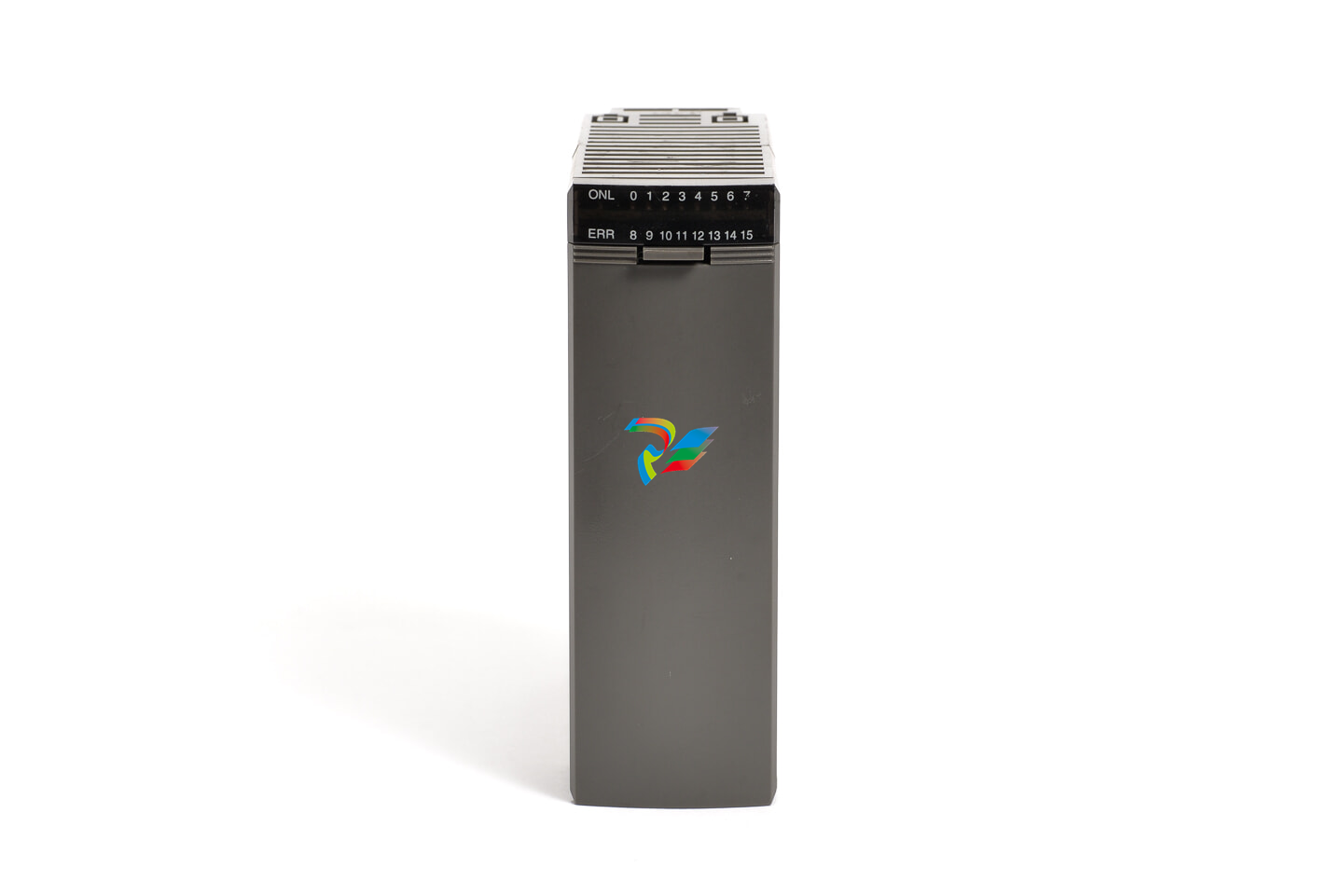
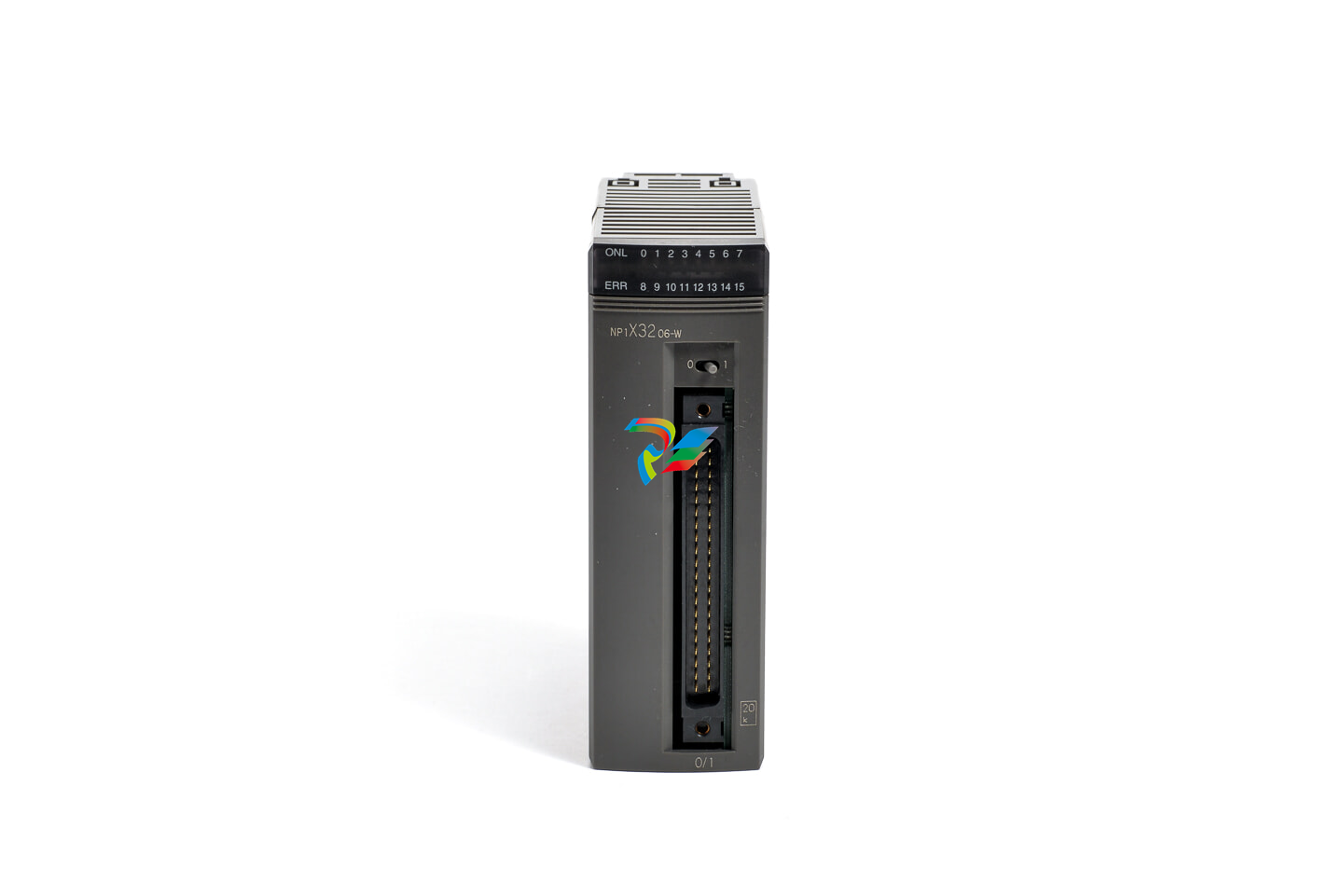
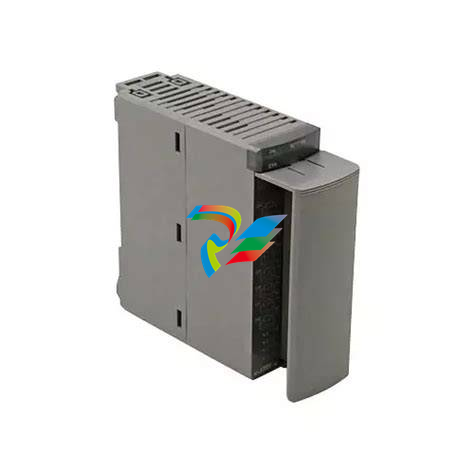

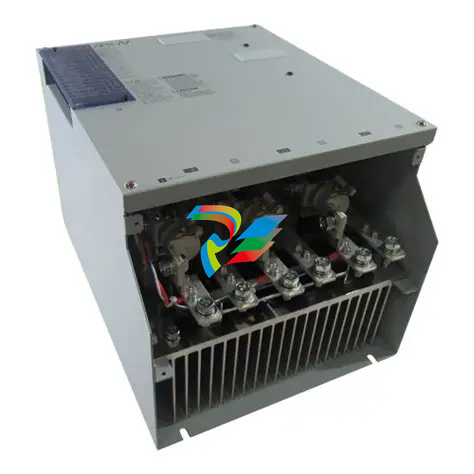

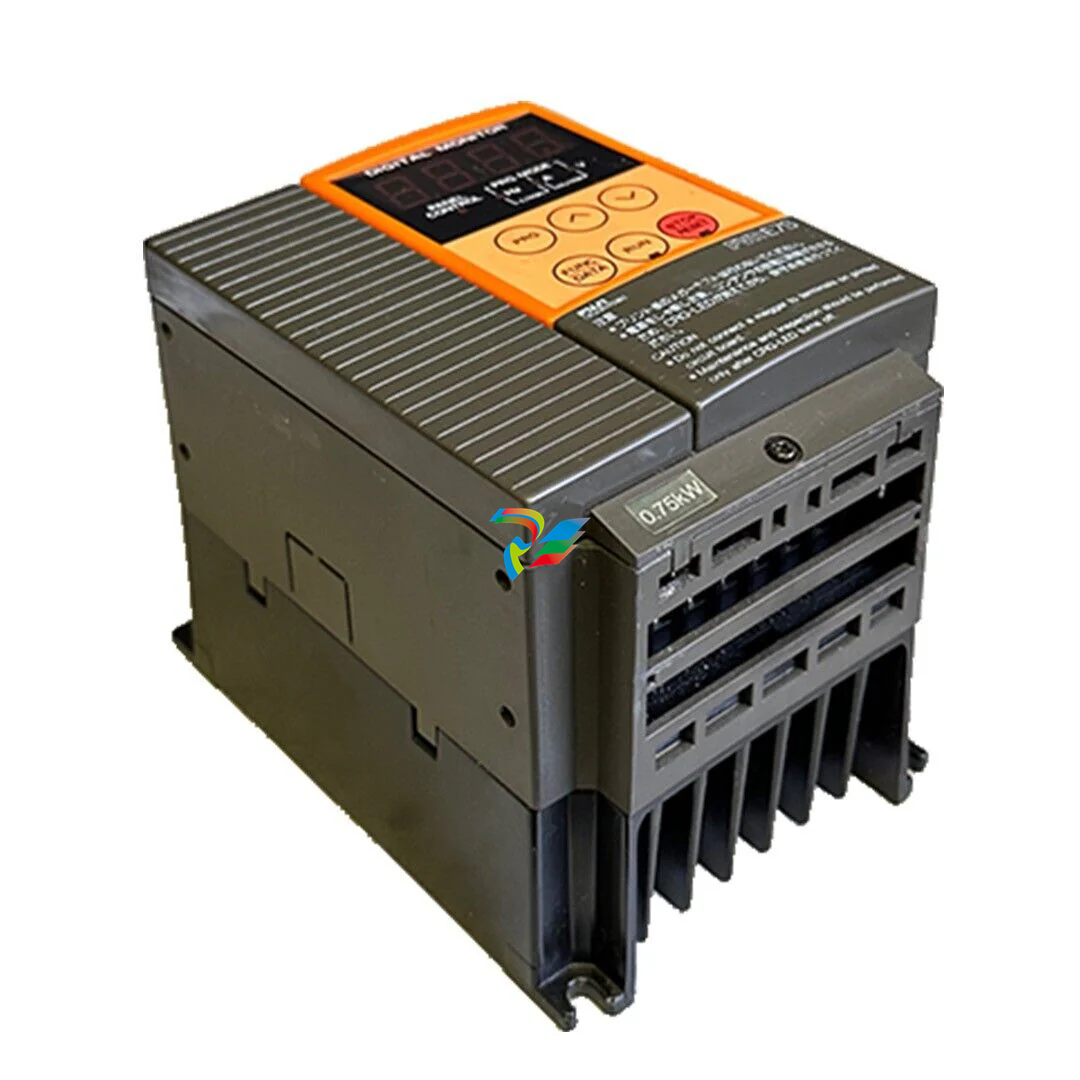
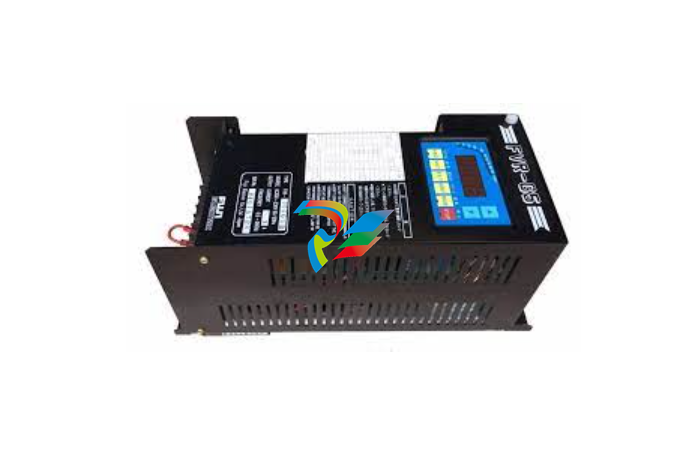
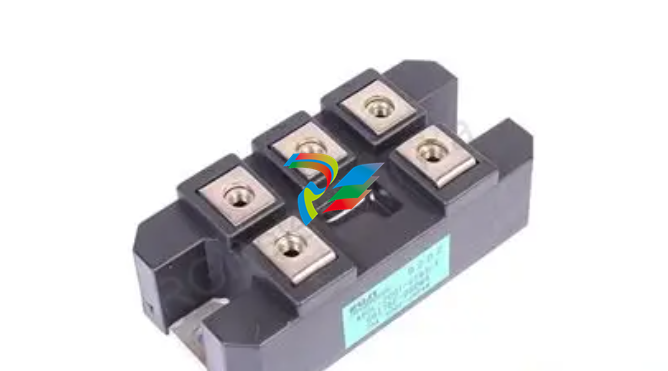
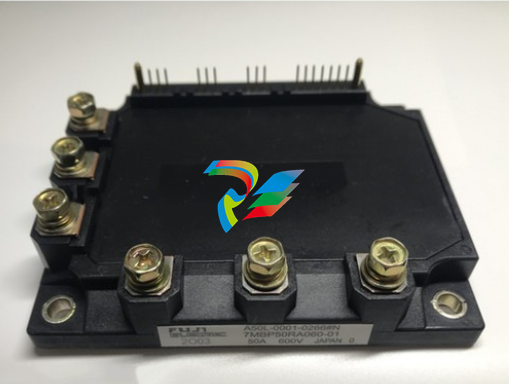
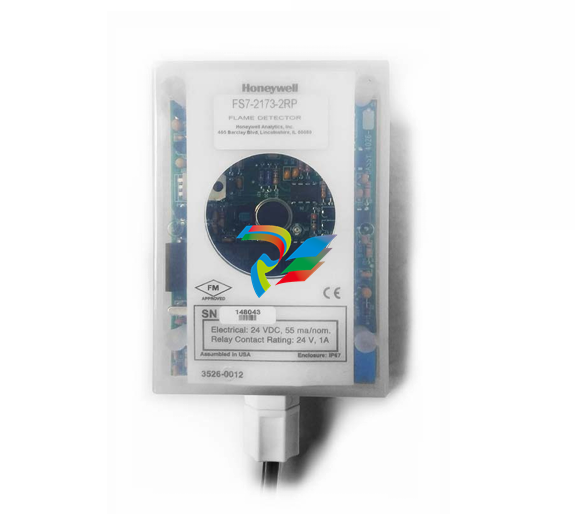
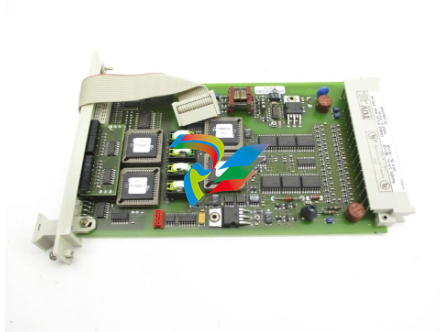
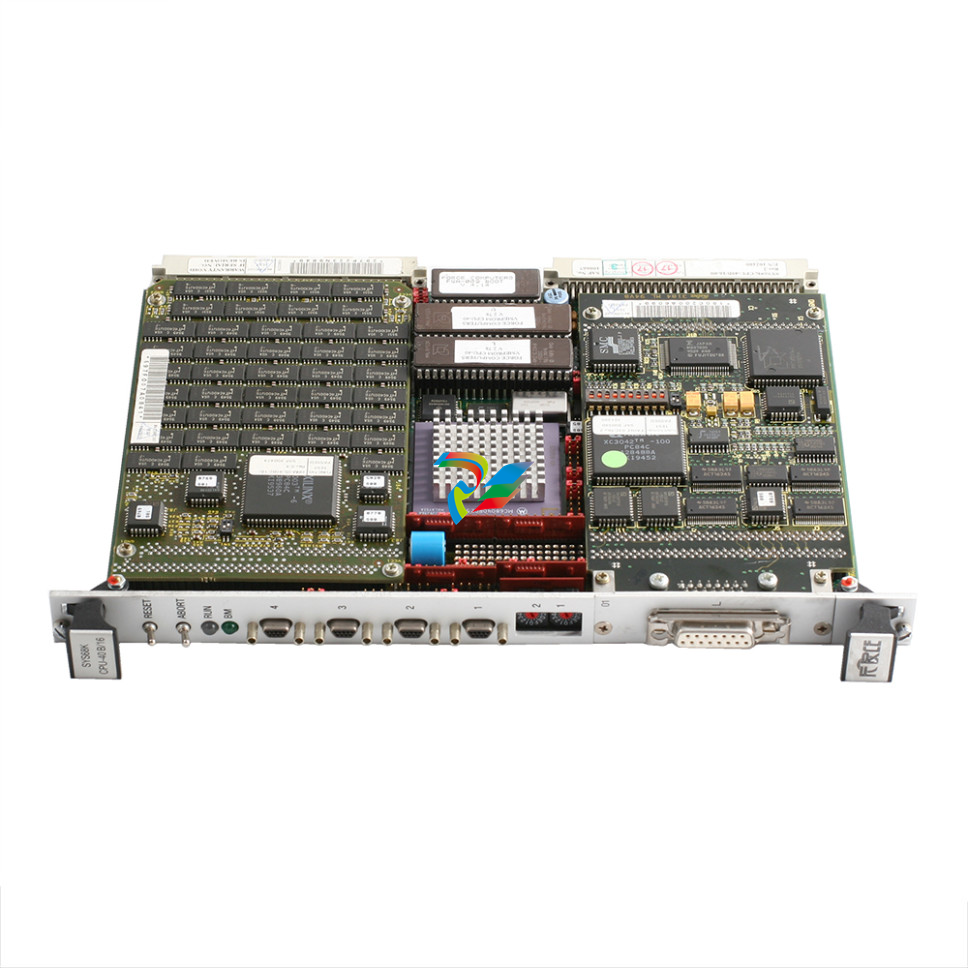
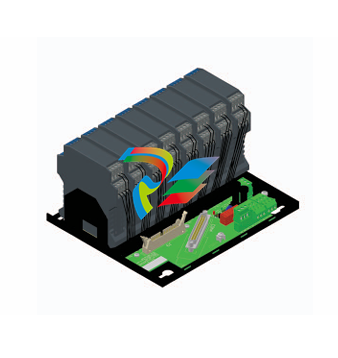

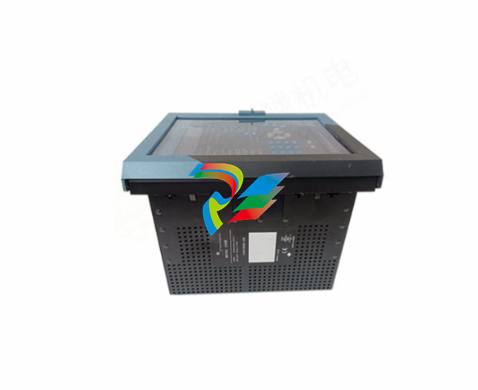
.jpg)
.jpg)

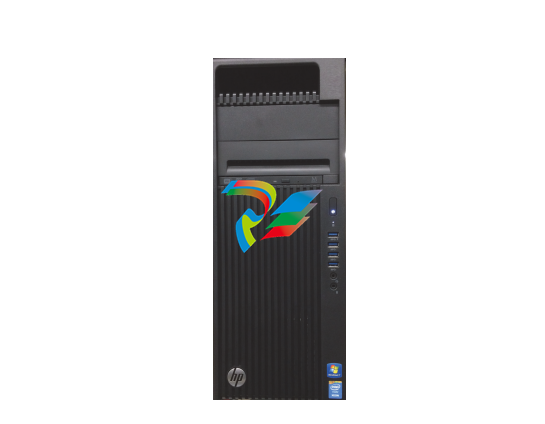

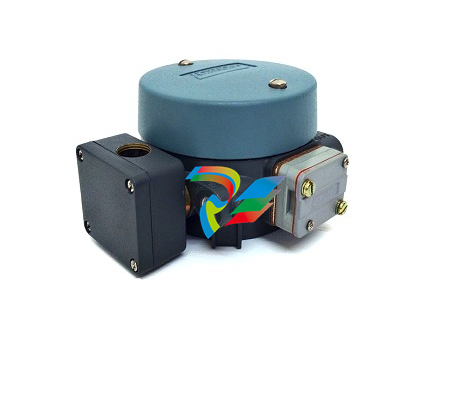
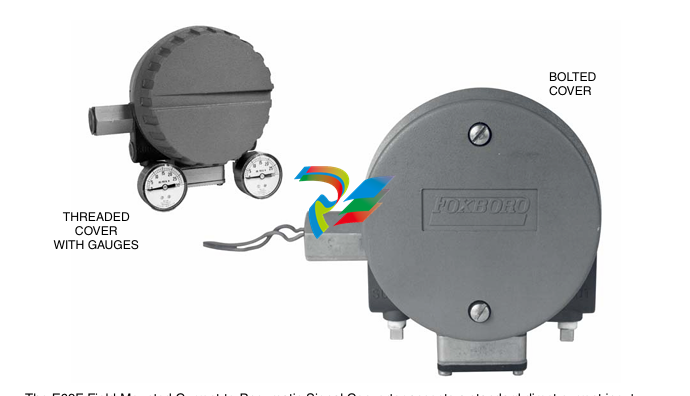
.jpg)
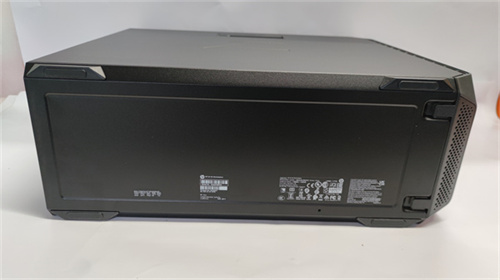
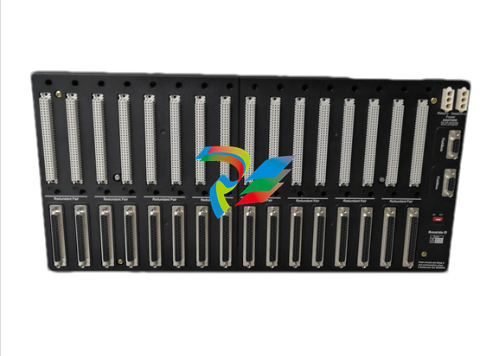
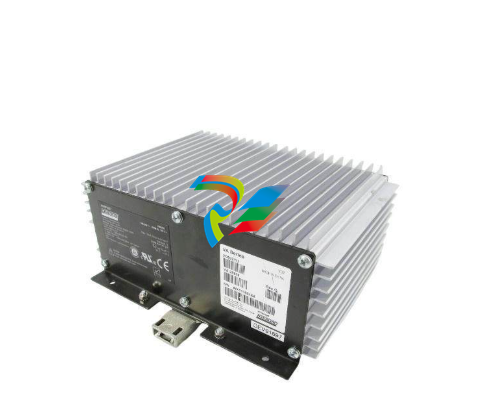
.png)
.jpg)
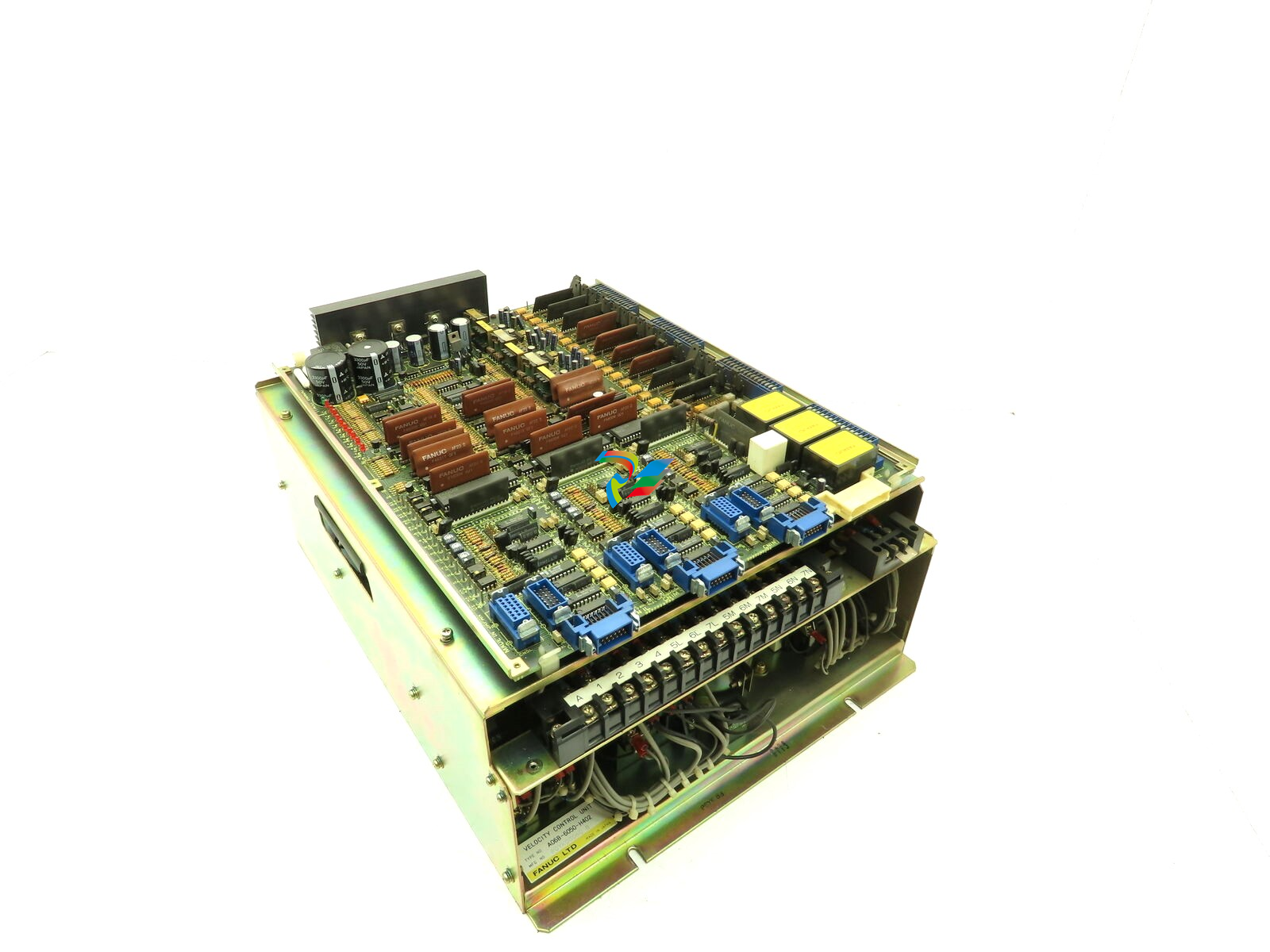
.jpg)
_lVjBYb.jpg)
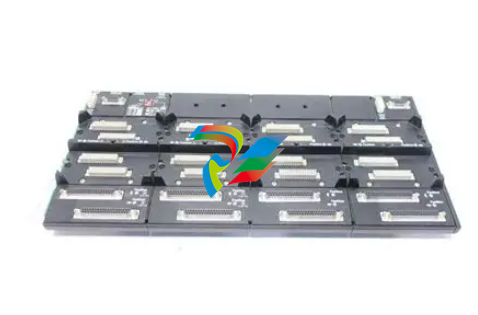
.jpg)
.jpg)
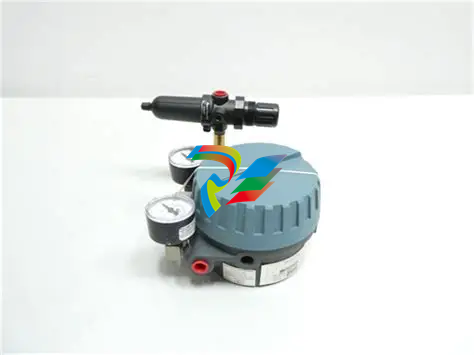
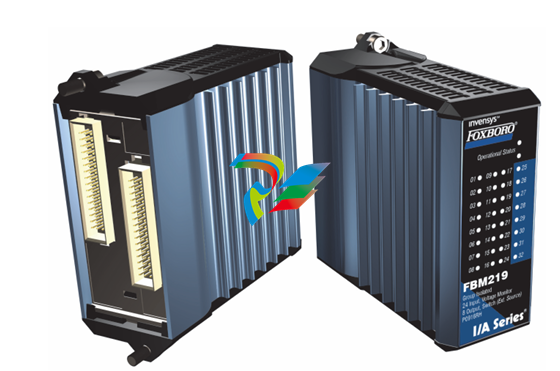
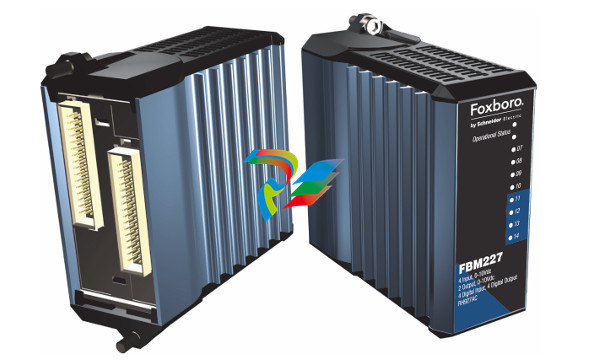
.jpg)
.jpg)
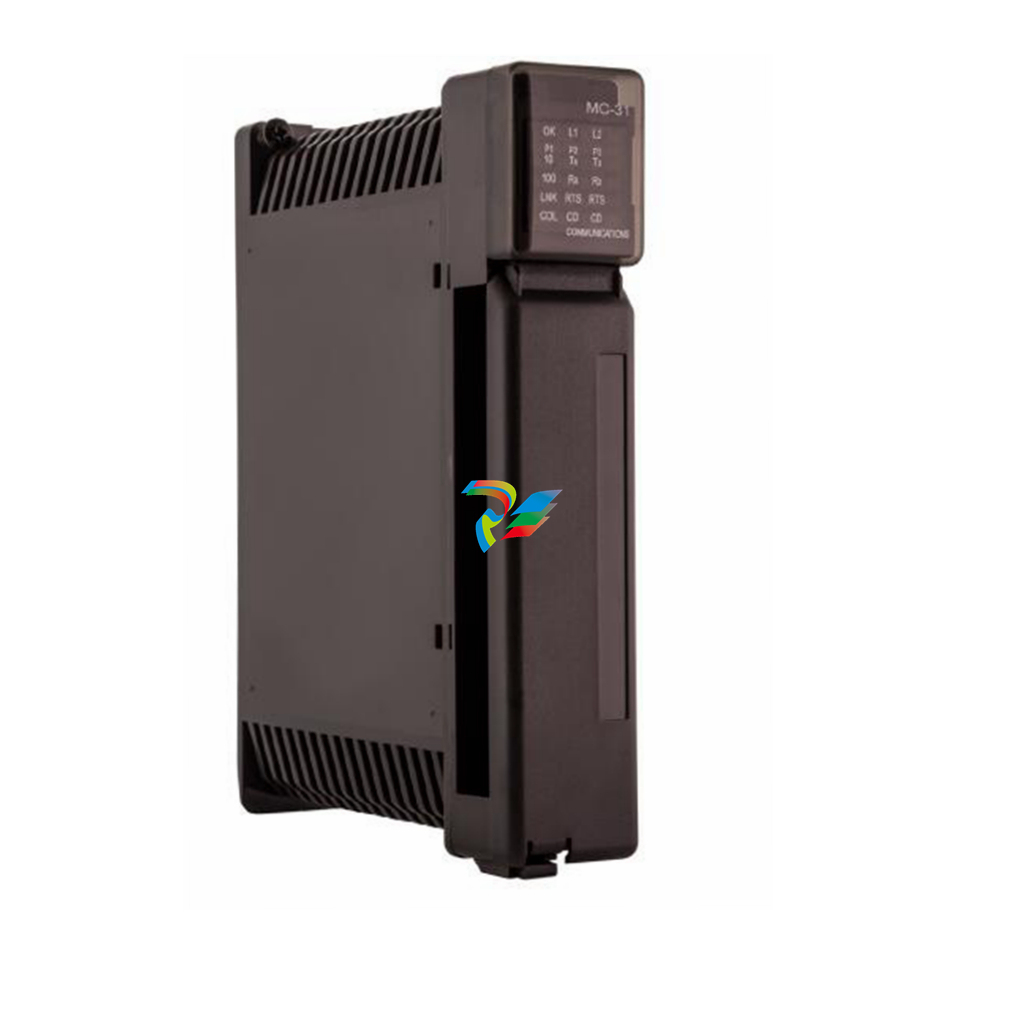
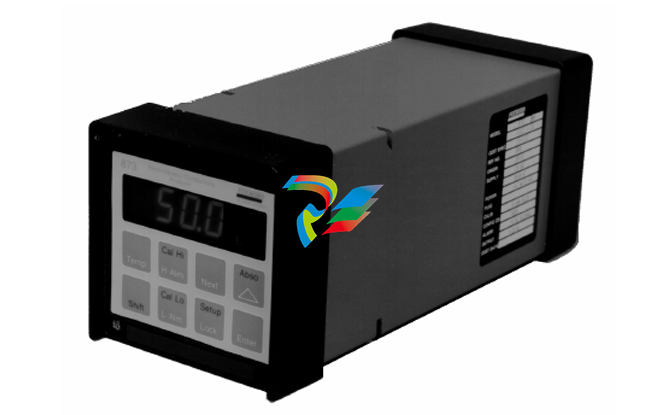
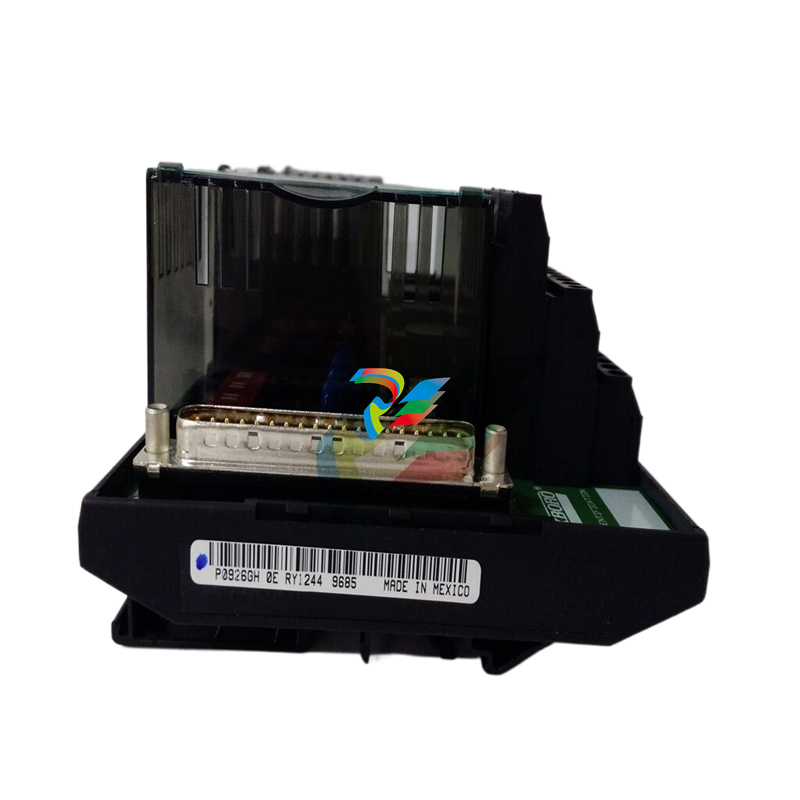
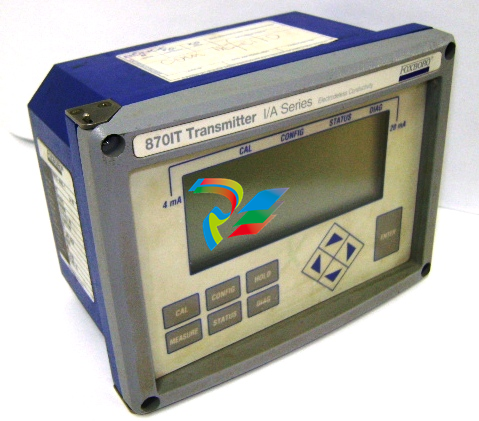
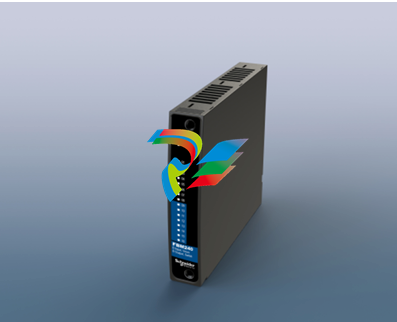
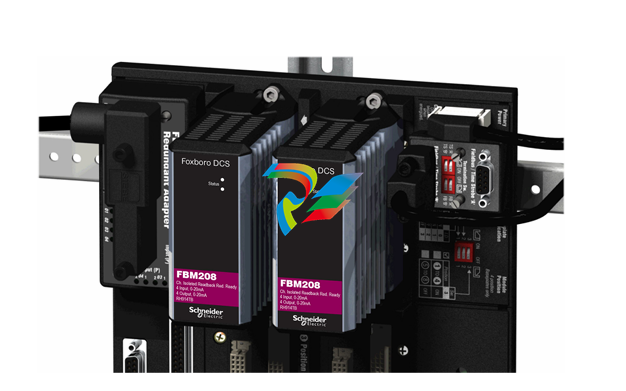
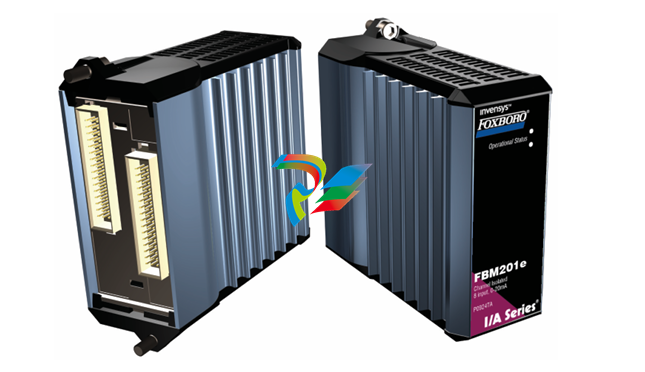
.jpg)
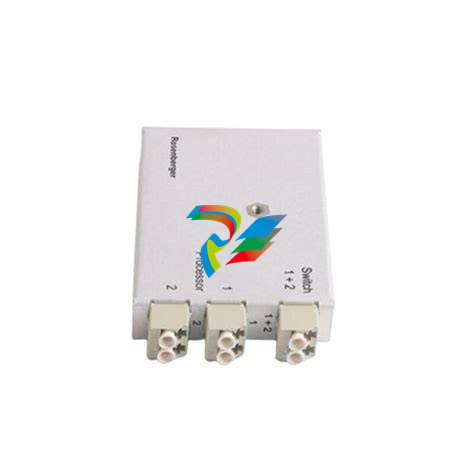
.jpg)
.jpg)
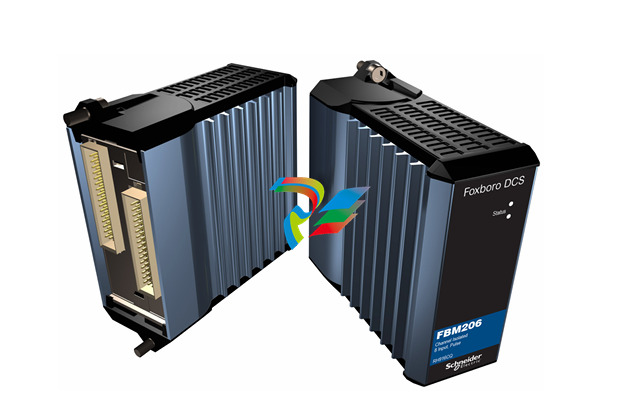
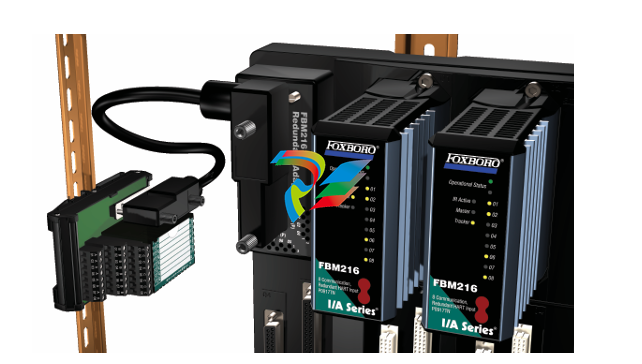
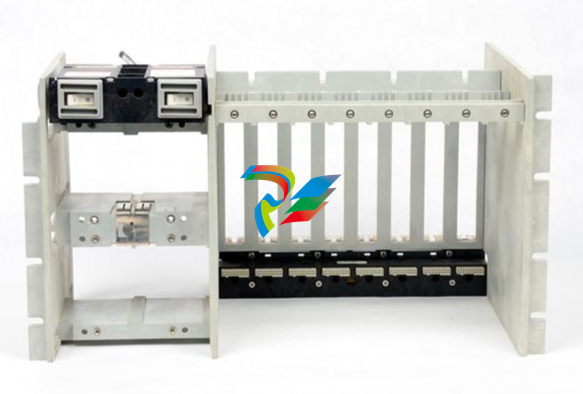
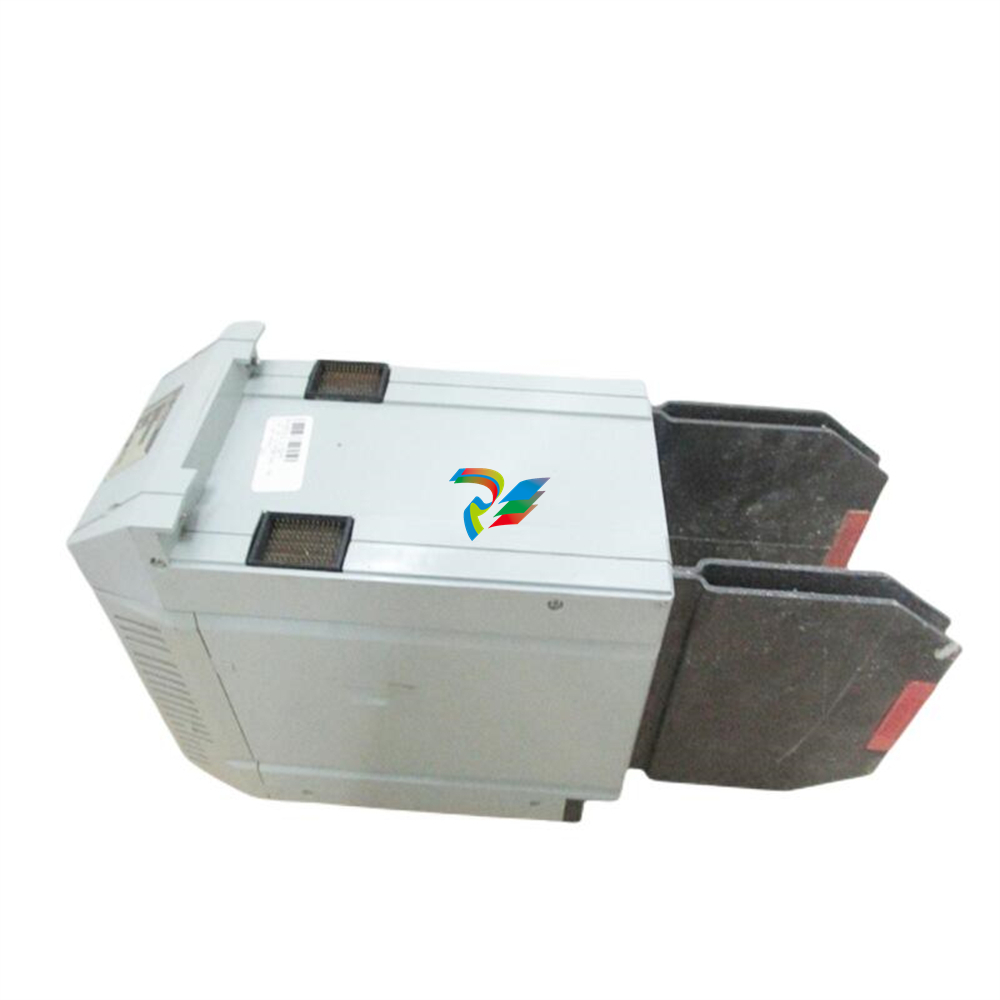
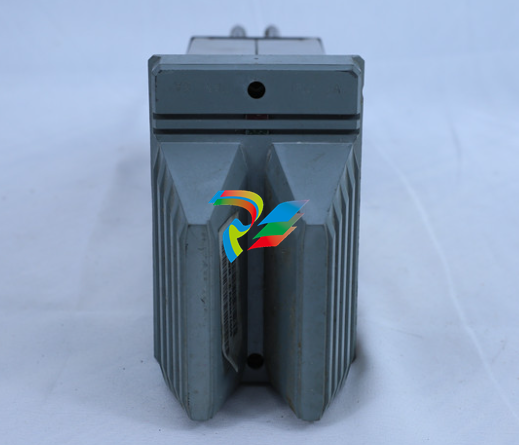
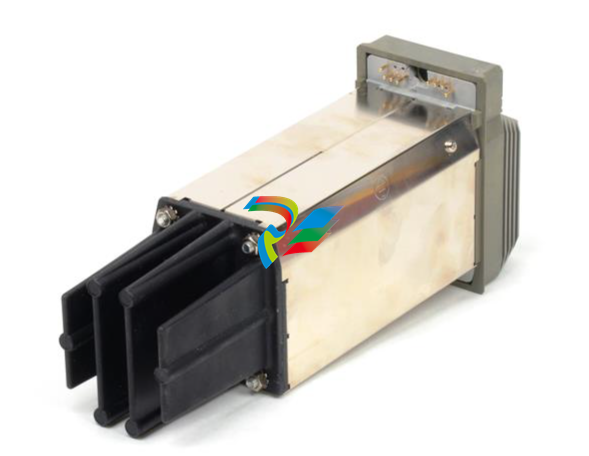
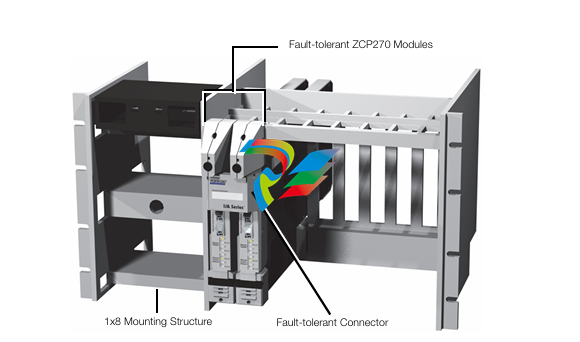
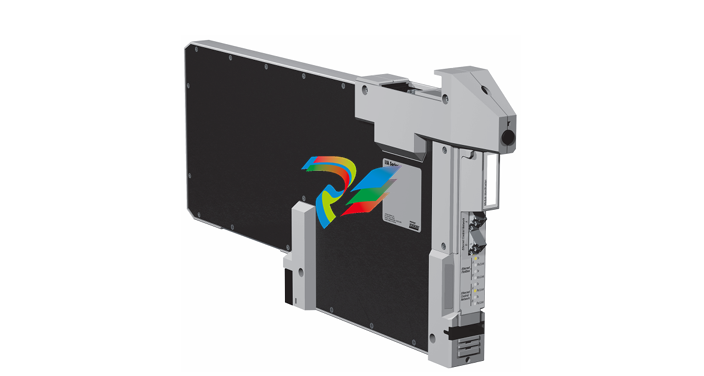
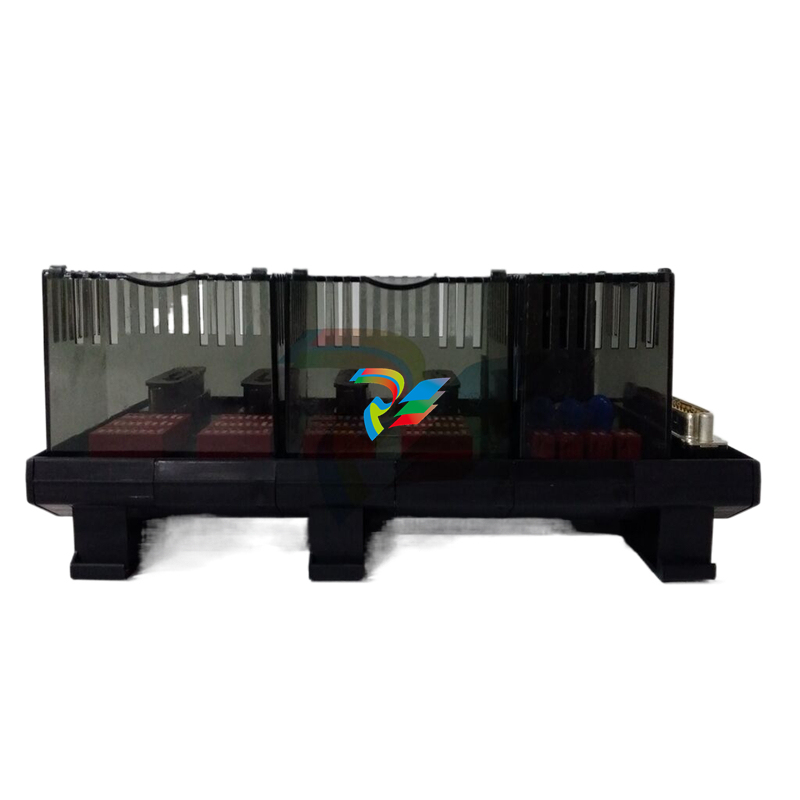
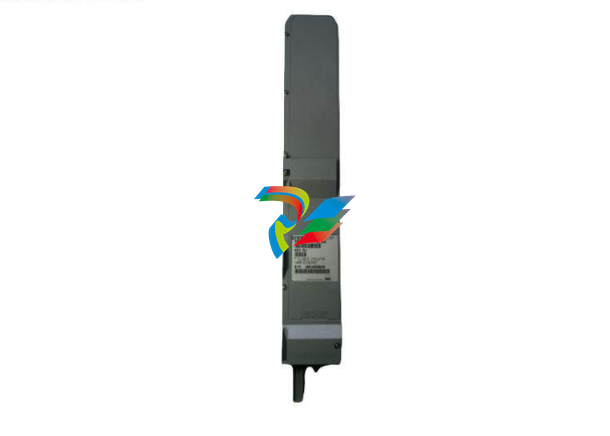
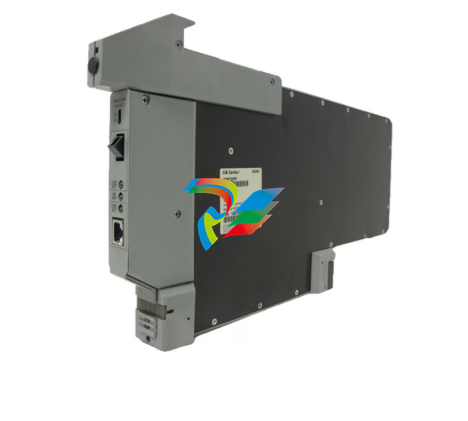
.jpg)

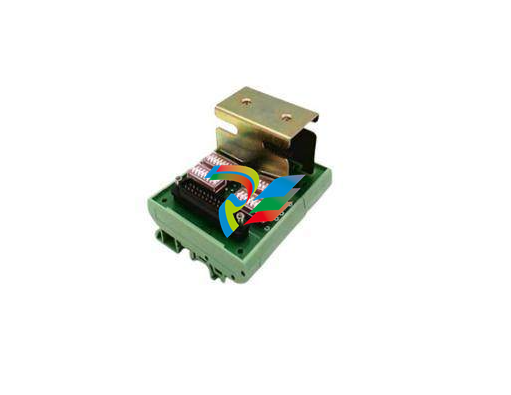

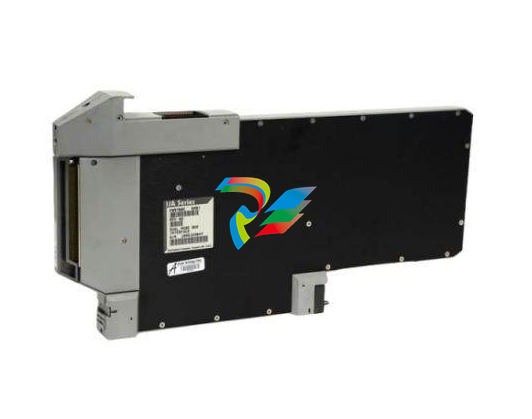
.jpg)
.jpg)
.jpg)
.jpg)
.jpg)
.jpg)
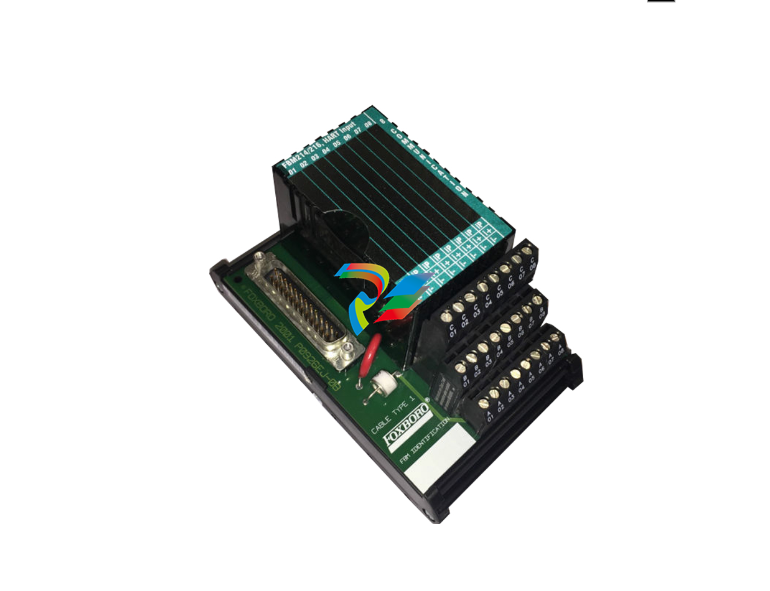
.jpg)
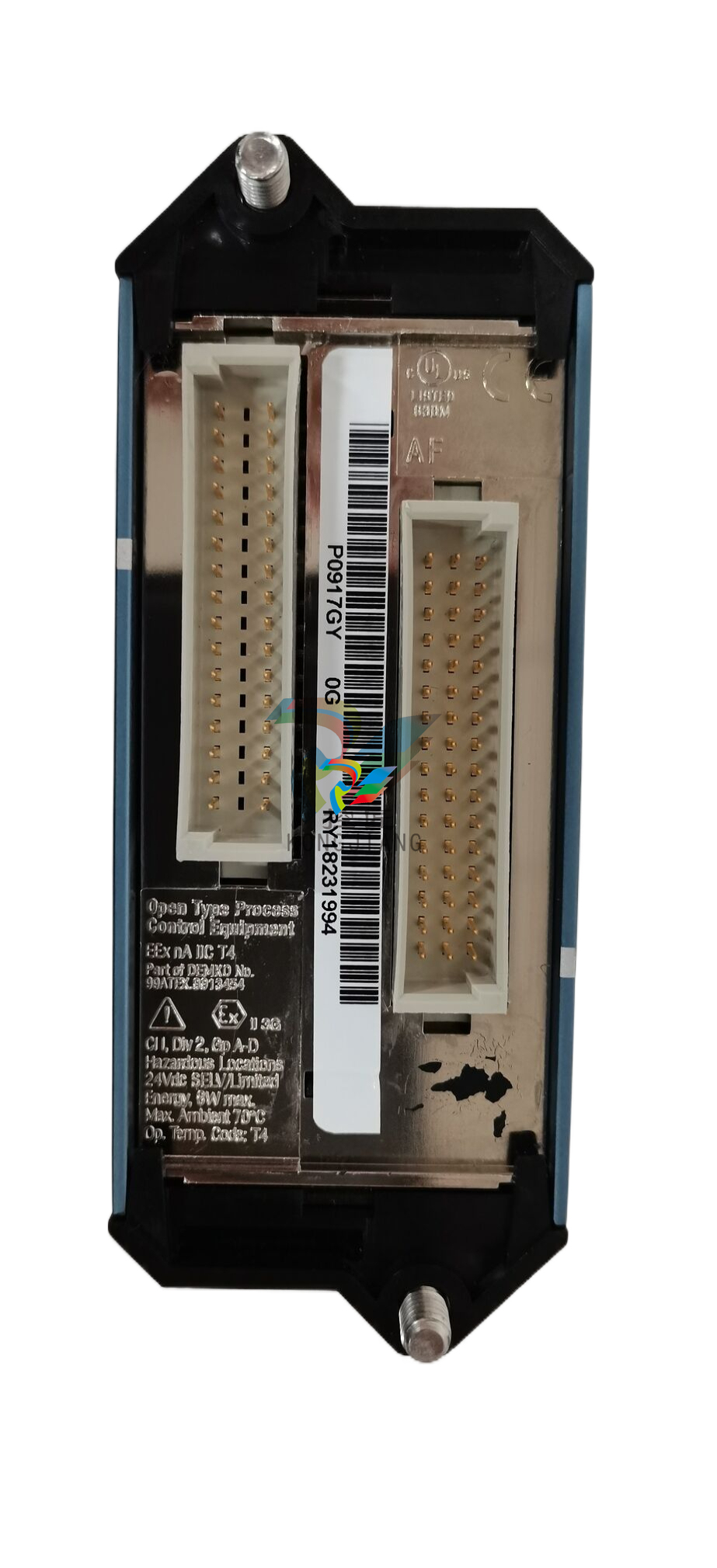
.jpg)
.jpg)
.jpg)
